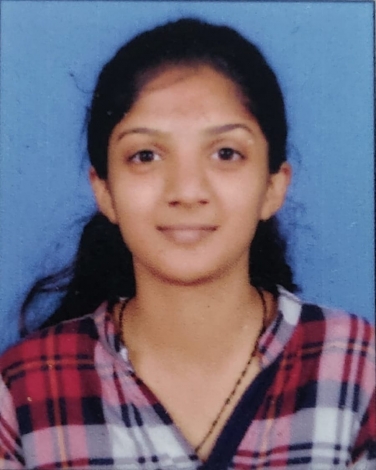Conflict Alerts # 604, 8 February 2024
 Anu Maria Joseph
Anu Maria Joseph In the news
On 4 February, violent protests erupted in Dakar, Senegal’s capital, after President Macky Sall postponed the elections which were scheduled for 25 February. Citing the postponement of a dispute between the Constitutional Court and the National Assembly over the eligibility of a few candidates, Sall, stated: “These troubled conditions could gravely hurt.” He also said that he would initiate "an open national dialogue... to create the conditions for a free, transparent and inclusive election in a peaceful and reconciled Senegal.”
On 5 February, the federal lawmakers finalised the election delay, passing a bill with 105 Members of Parliament voting in favour of the 165-seat assembly. The new bill has rescheduled the election to December 2024. Following the bill, the protests intensified, with opposition parties burning tyres and blocking roads. The riot police fired tear gas at the protesters and the opposition supporters, who gathered outside the parliament in Dakar. Several opposition leaders including former Prime Minister Aminata Toure and presidential candidate Anta Babacar were arrested. In response, Khalifa Sall, an opposition leader, described the delay as a “constitutional coup.” Thierno Alassane Sall, another opposition leader, called it “high treason.”
On 6 February, the African Union and the ECOWAS called for a dialogue. ECOWAS called on the political actors to “take steps urgently to restore the electoral calendar” according to the constitution. Besides, France, the US and the EU called for immediate elections.
Issues at large
First, a brief note on Senegal’s politics. Senegal, a West African country and a former French colony, has been for a long time referred to as a symbol of democracy in West Africa. Unlike other West African countries, Senegal never had a coup. It witnessed a peaceful transfer of power since 2000. However, since Macky Sall came to power in 2012, there has been a widespread crackdown on opposition, frequent internet shutdowns, and media restrictions.
Second, Macky Sall’s third-term ambition. Sall was first elected in 2012 for a seven-year term. Following the constitutional revision in 2016, the presidential term was reduced to five years. Sall’s supporters initially argued that he had the right to run for a third term under the revised constitution. Popular discontent over Sall’s administration and his third-term ambition intensified with its increasing authoritarian shift. In July 2023, he announced that he would not run for a third term. However, Sall has been trying to place Prime Minister Amadou Ba, as his successor. However, Amadou is unpopular and there is a fear that Sall’s party might lose elections. Sall’s term in office expires on 2 April. The postponement of elections is widely seen as an attempt by Sall to stay in power until December.
Third, prolonged violent protests. For the past two years, protests have been increasingly frequent and violent in Senegal. In March 2023, nearly 10,000 supporters of opposition leader, Ousmane Sonko, protested in Dakar against Macky Sall’s speculated decision to run for a third term presidency. In August, another wave of protests began after the arrest of Sonko under the allegations of corrupting the youth and rape. Later, his party, the Patriots of Senegal (Pastef), was banned for inciting unrest during violent protests. In June 2022, protests erupted during the legislative elections after opposition candidates were disqualified on technical grounds.
Fourth, the crackdown on opposition. Twenty candidates made the final list to contest elections this year. Meanwhile, several others were excluded by the Constitutional Council for not meeting the conditions. Those included major opposition leaders Ousmane Sonko and Karim Wade. While the crackdown on Ousmane Sonko, a youth icon, and his party has been ongoing since 2021, Karim Wade, son of the former president Abdoulaye Wade is accused of judicial corruption. The incident of popular opposition leaders being barred from contesting elections is not new in Senegal. Karim Wade and Khalifa Sall were jailed under corruption allegations in 2015 and 2018 respectively, and barred from contesting in 2019 elections. The opposition accuses Sall of politically motivated attempts to weaken the opposition through false allegations to exclude them from contesting.
In perspective
The postponement of elections implies uncertainty. If Sall continues to be in power after 2 April, it would be a victory for Sall’s third-term ambition and a tragedy to Senegal’s democracy. If he appoints a transitional president, the legality of the same would be questioned. However, the opposition is strong and has the capacity to mobilise, implying that tensions are likely to increase, so as violent protests. While a constitutional crisis is brewing in the country, the recent events are a larger challenge to its electoral integrity and judicial independence. Senegal’s political crisis adds to the increasing number of coups and authoritarian shifts in West Africa, implying that Senegal’s democratic credentials in West Africa are under scrutiny.